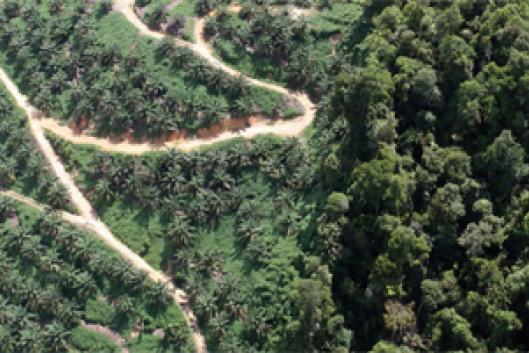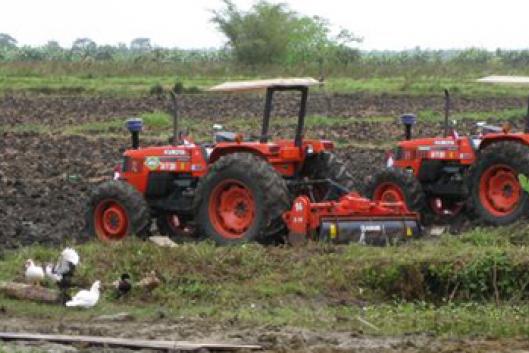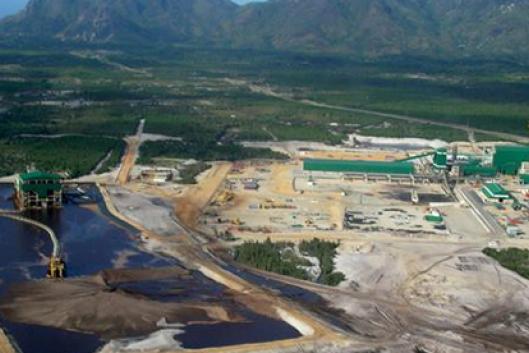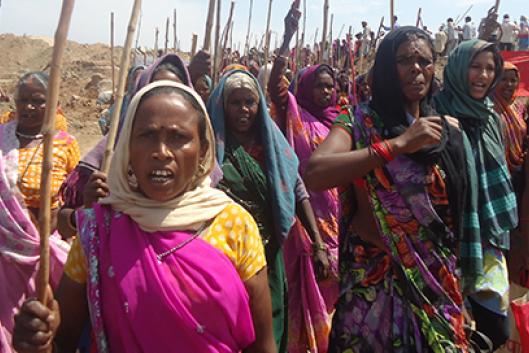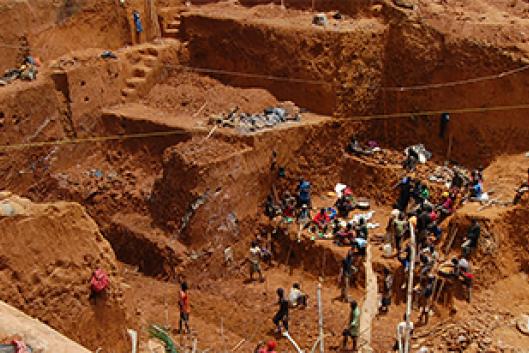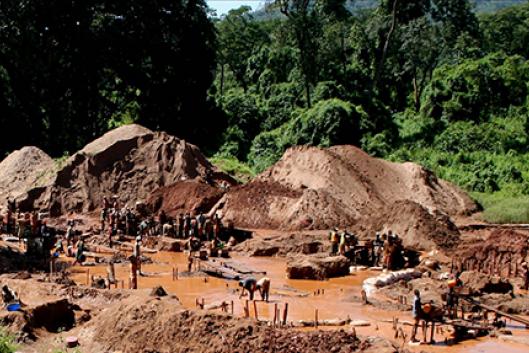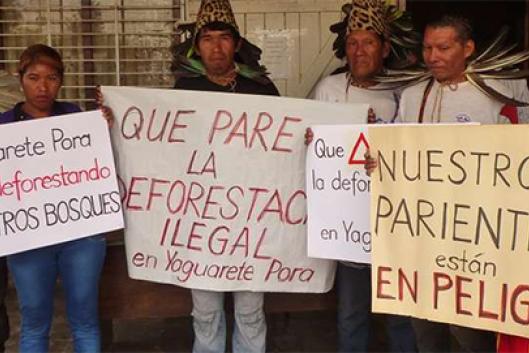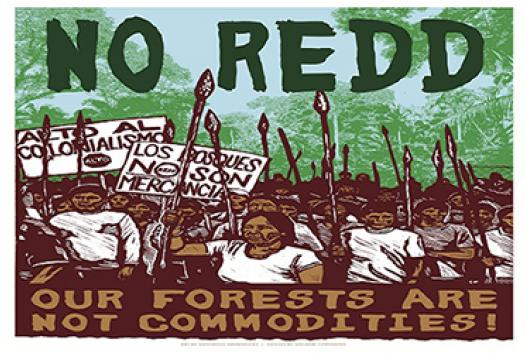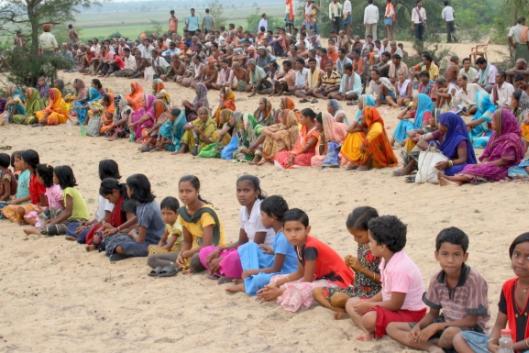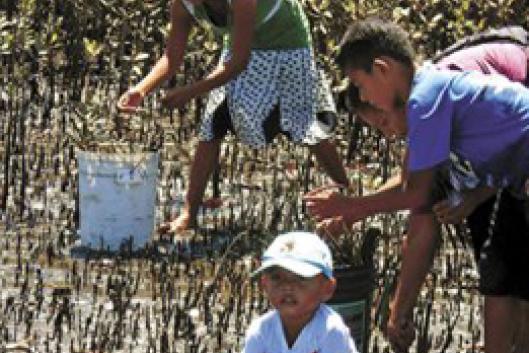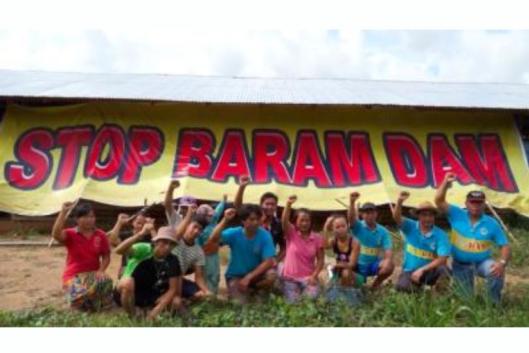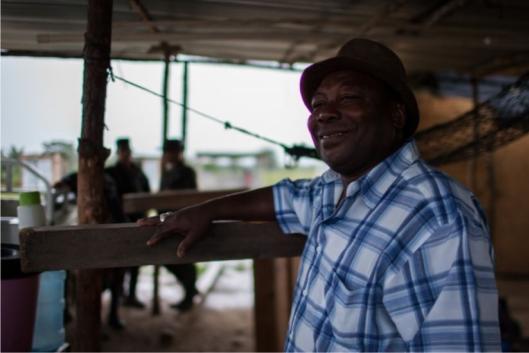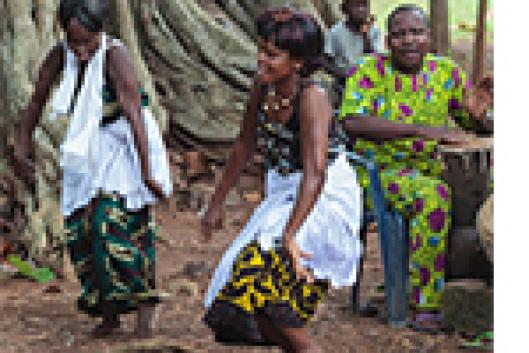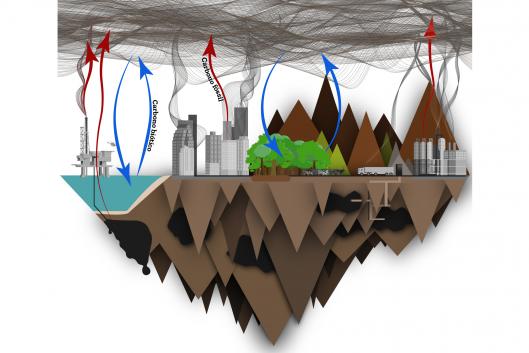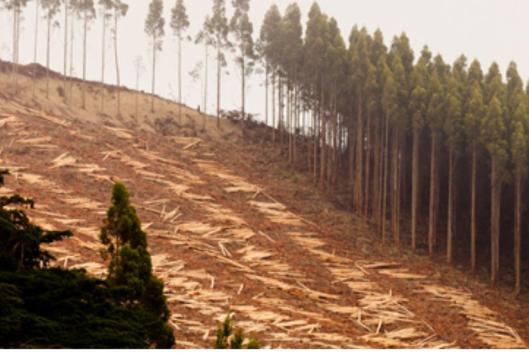The new Pope Francis’ "Laudato Sí" encyclical addressing the ecological crisis, particularly the climate crisis, has been much discussed in the last month. It is uncommon to see so many organizations and individuals discussing a papal encyclical. Although it did not take into account important issues such as the place and role of women in these matters, the document was quite incisive and effective in its analysis and questioning of the current globalized capitalist over-consumption and production model. With this, the encyclical reinforced what social movements and other groups have been pointing out and denouncing for a long time.
Bulletin Issue 216 – July 2015
When consumption and production have no limits, more territories at the service of capital
WRM Bulletin
216
July 2015
OUR VIEWPOINT
WHEN CONSUMPTION AND PRODUCTION HAVE NO LIMITS, MORE TERRITORIES AT THE SERVICE OF CAPITAL
-
10 August 2015In Madagascar, a big island of 587 000 km2 in the Indian Ocean famous for its exceptional biodiversity and for its subsoil wealth in minerals, more than 6 million hectares nowadays are classified as protected areas for nature conservation. Yet, mining areas are also numerous and expanding. These two kinds of spaces are sometimes close or superimposed. From a few facts and examples, this article highlights situations where these interests clash, the way in which the conflicts have been managed by the Malagasy decision makers and by their discussion partners. This reflection focuses on the consequences of these management processes on the local communities.
-
10 August 2015Reseau CREF (Network for Conservation and Rehabilitation of Forest Ecosystems) is a platform of organizations working on governance of natural resources in the province of North Kivu. Among others, it intervenes in the governance of the mining sector through its program “Mines and Hydrocarbons”. Context of the province of North Kivu, Democratic Republic of Congo
-
10 August 2015Indigenous Ayoreo protesting against inaction of the Government on illegal deforestation. © GAT Paraguay is currently the location of a far from ordinary regional meeting. Experts from Bolivia, Brazil, Ecuador, Colombia and Peru gathered on July 28 to discuss the critical situation posed by increasingly frequent sightings of indigenous peoples in isolation and its consequences.
-
PEOPLES IN ACTION
-
10 August 2015The protests against the establishment of POSCO’s steel plant in the Jagatsinghpur district of Odisha, India, are determined to continue until the multinational withdraws from the area. An update from the spokesperson of the local movement reveals that criminalization to those involved in the resistance is still extreme, with over two thousand people facing judicial charges. The statement denounces that “Many villagers cannot go out even when there is a medical emergency for fear of getting arrested”. They ask for support in their fight against POSCO and the criminal charges to villagers and activists as well as the reclamation of their territories and livelihoods.
-
10 August 2015Since 2004, through the International ‘Redmanglar’ (Mangrove Network) - which brings together communities, organizations, academics, scientists and activists concerned with the defense of the mangrove forests - every 26th of July mangroves are celebrated by recalling their importance as a source of life, protection and support for coastal towns and communities, and their identity as a territory, traditions and cultures associated to them. Industrial activities such as shrimp farming, oil exploitation, large scale tourism, among others, have led mangroves and the communities they support to a critical point; threatened and endangered.
-
10 August 2015The construction of three mega dams in Malaysia has displaced tens of thousands of people and forced them into resettlement areas. A stunning video from The Borneo Project shows a rather terrible reality, where current plans to construct twelve additional dams in the region of Sarawak will displace many thousands more. Learning from what happened to affected communities with previous mega dams in the country, including loss of livelihoods, land, culture as well as sacred places and cemeteries, people don't want more broken promises. Communities are still resisting the implementation of new dams and are decided to prevent them. As one of the villagers says: “If you have land, you live.
-
10 August 2015Along the Atlantic coast of Honduras, Afro-Caribbean Garifuna communities are being threatened and forced from their land by proposals for the creation of mega-tourism projects and corporate-run cities, often known as “model cities,” as well as the expanding interests of narco-traffickers and oil palm plantations to invade and use their territories. Faced with evictions, the Garifuna communities have decided to dedicate themselves to non-violent resistance in defense of their territory.
RECOMMENDED
-
10 August 2015Although growing international recognition of forests’ role on food sovereignty for forest-dependant populations, large amounts of medicinal and highly nutritious plants are disappearing due to deforestation. This is the case of Benin, where 12% of the households have lost food sovereignty, 38% of medicinal plants have vanished and malnourishment is prevalent. An article from The Guardian highlights a research that aims to protect and wisely use nutritional plants for forests peoples in Benin, which are mostly under threat by commercial agriculture and mining. Benin has set a precedent by becoming the first country in Africa to pass a law that protects sacred natural sites.
-
10 August 2015What does "net" means for the World Bank? An article in the Mexican newspaper "La Jornada" warns about the problem of so-called "zero net emissions", a concept strongly emphasized in a recent World Bank report. The author Silvia Ribeiro explains that the term is a trap designed to mislead: it is not about lowering emissions nor "zero emissions" but by adding the word "net", power is given to companies to continue polluting if they propose accounting systems where emissions are supposedly "absorbed" or "compensated" elsewhere, and thus, the result would be zero.
-
10 August 2015Last April, the commercial use of GE eucalyptus trees was approved in Brazil, despite the strong local resistance and evidence of GE eucalyptus trees intensifying industrial plantations’ impacts. This is the first approval of GE trees in Latin America. The application came from FuturaGene, a subsidiary of pulp and paper company Suzano. FuturaGene claims that because its GE trees grow faster, they also absorb more carbon dioxide, however, as an article from REDD-Monitor points out, trees from Suzano are mostly clearcut and converted to paper products, which returns carbon to the atmosphere.
